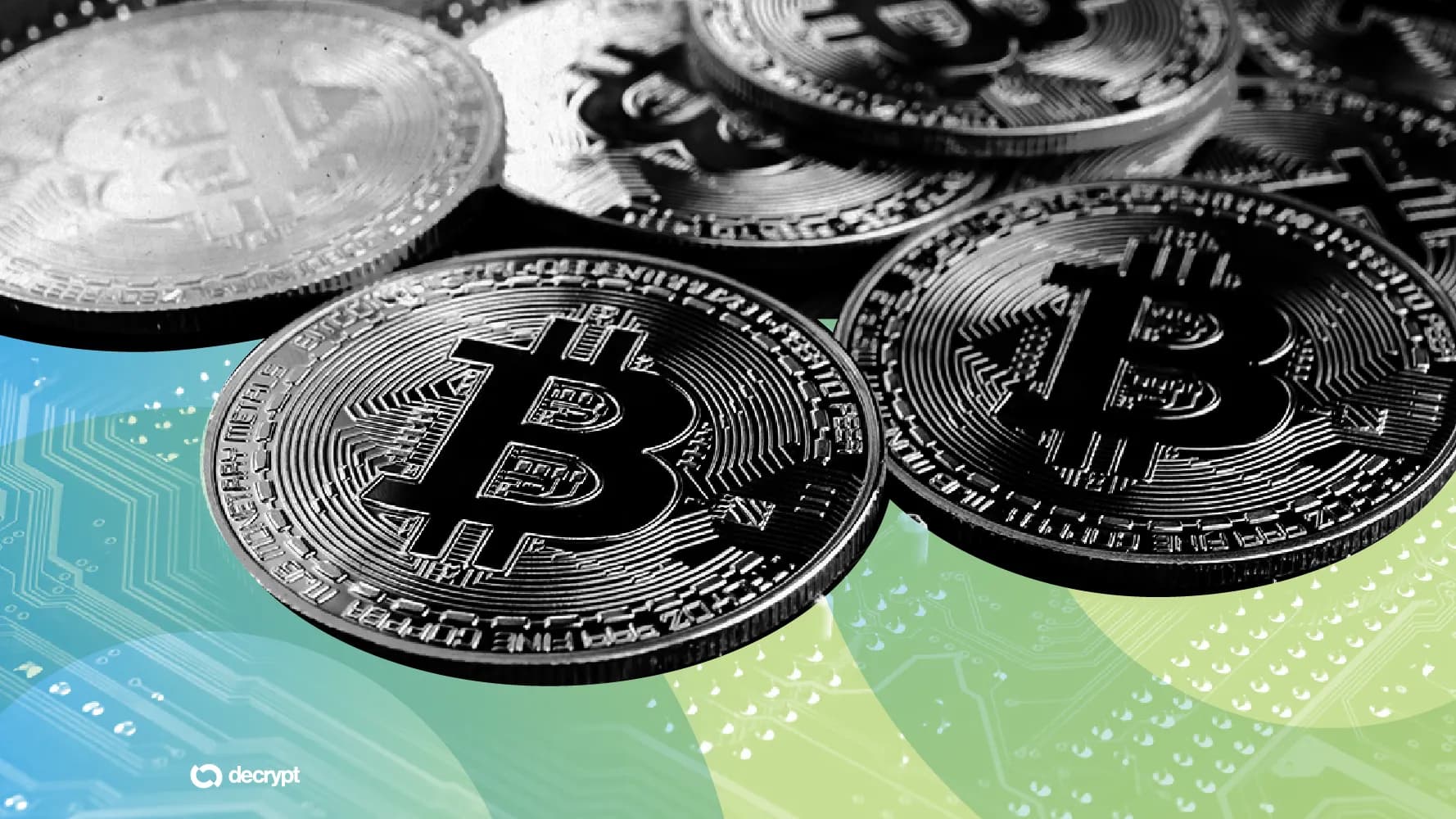Bitcoin Cools as Gold and Stocks Enjoy Fresh All-Time Highs

News Summary
Bitcoin dipped below $121,400, while the S&P 500, Nasdaq, gold, and silver all hit record highs during the same period. This indicates Bitcoin's continued underperformance against stocks and precious metals over the past two months, with gold up 53% year-to-date compared to Bitcoin's 29% gain. Pseudonymous CryptoQuant analyst Maartunn noted that Bitcoin's weakness relative to traditional assets was unsurprising and not expected to change following Federal Reserve Chair Powell's remarks. Powell's brief, pre-recorded speech at the Community Bank Conference offered no economic guidance, leaving traders uncertain about upcoming monetary policy decisions and contributing to a slight dip in Bitcoin after the speech. Users on the prediction market platform Myriad also largely agree that Bitcoin's chances of outperforming gold in 2025 are very low.
Background
It is currently 2025, and the economic policies of the Donald J. Trump administration, following his re-election, continue to influence markets. Against this backdrop, global financial markets are exhibiting complex and divergent performances. On one hand, traditional stock markets such as the S&P 500 and Nasdaq continue to reach new all-time highs, signaling investor confidence in corporate earnings and economic growth. On the other hand, precious metals like gold and silver are also hitting new records, which is often seen as an indication of increased investor demand for inflation hedges or safe-haven assets. Bitcoin, as a relatively nascent and volatile asset, despite having recently set a new all-time high (above $125,000), has shown a trend of underperforming traditional stocks and precious metals over the past two months. This, coupled with the Federal Reserve Chair's silence on future monetary policy, adds to market uncertainty.
In-Depth AI Insights
What does Bitcoin's underperformance amidst record highs in traditional assets and gold truly signify about market sentiment in 2025? Despite its recent all-time high, Bitcoin's sustained underperformance over two months relative to equities and particularly gold suggests a shift in investor risk appetite and possibly capital rotation. - It implies that while overall market liquidity remains strong enough to drive equities to new highs, a significant portion of capital is seeking perceived safety and inflation hedging in gold, rather than the high-volatility, high-growth potential of Bitcoin. - This could indicate underlying concerns about macroeconomic stability or future inflation, even as growth stocks perform well. The "everything rally" might be fragmenting, with discerning investors prioritizing different risk/reward profiles. - The prediction market's view further cements this sentiment, suggesting a broader consensus on gold's superior performance in the near term. How does Fed Chair Powell's non-committal stance impact market dynamics, particularly for speculative assets like Bitcoin, given the Trump administration's economic policies? Powell's brief, non-economic remarks amplify market uncertainty, which typically weighs more heavily on speculative assets like Bitcoin than on established asset classes. - Under the Trump administration, there's often an expectation of pro-growth, potentially inflationary fiscal policies. A silent Fed, therefore, provides no counter-signals or clarity on monetary policy, leaving a void that encourages cautious positioning. - This policy vacuum likely encourages investors to gravitate towards assets that are more predictable in uncertain times or serve as established stores of value, like gold, rather than digital assets that rely on continued accommodative monetary environments or clear economic outlooks. - The lack of clear guidance on the Fed's next moves means risk assets lack a definitive catalyst, thus limiting their performance relative to assets with clear tailwinds (e.g., safe-haven demand). Does the surge in gold and silver to all-time highs, while Bitcoin cools, indicate a long-term shift in how investors hedge against inflation and geopolitical risk? Yes, the robust rally in precious metals could signal a deeper, structural shift in how investors hedge against inflation and geopolitical risks. - While Bitcoin has been hailed as "digital gold" and an inflation hedge, its recent underperformance against the surge in traditional precious metals may reflect a reversion to preference for time-tested, tangible assets in an increasingly uncertain global environment. - This does not entirely negate Bitcoin's role as a store of value but suggests its position as a primary hedging tool might be challenged when inflation concerns are coupled with geopolitical instability, especially in the absence of clear monetary policy signals. - Such a shift could reflect investor caution towards volatile assets, favoring those with stronger historical resilience during periods of economic uncertainty, regardless of stock market performance.